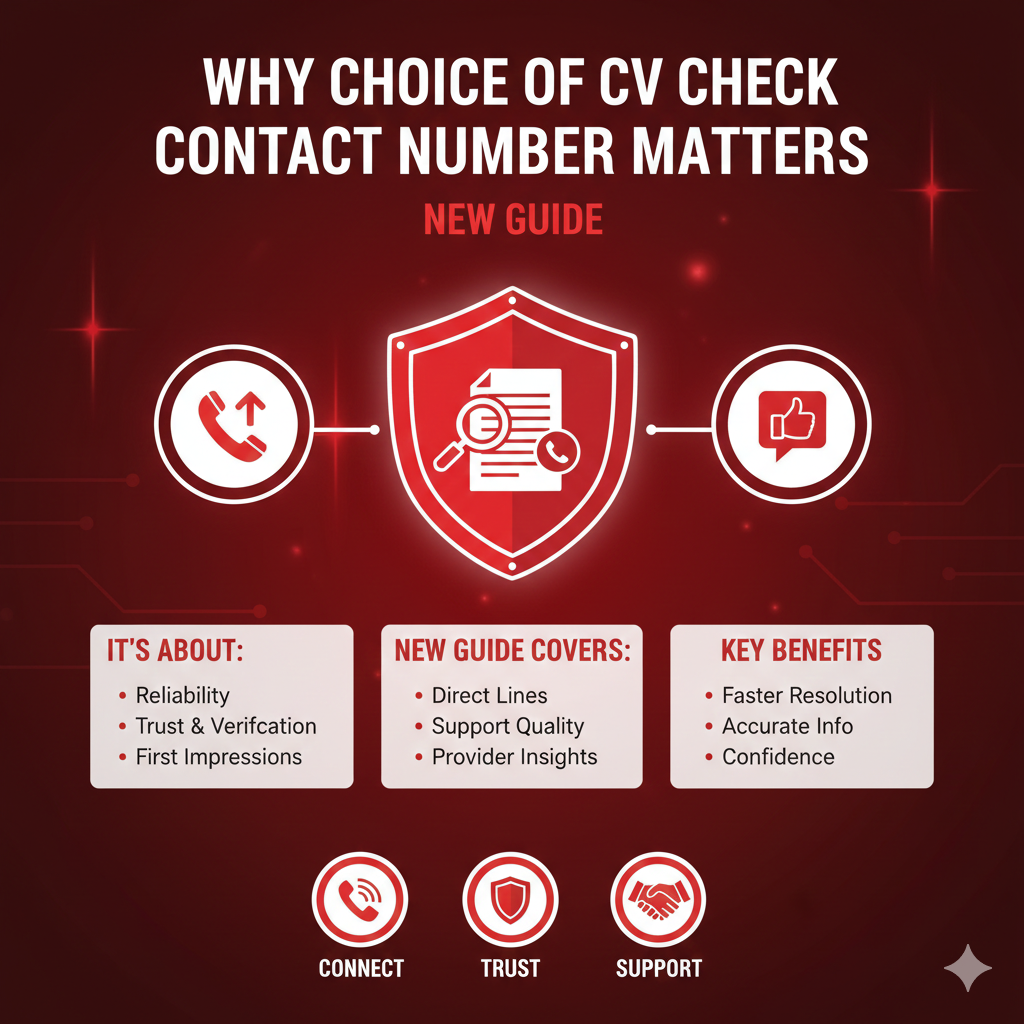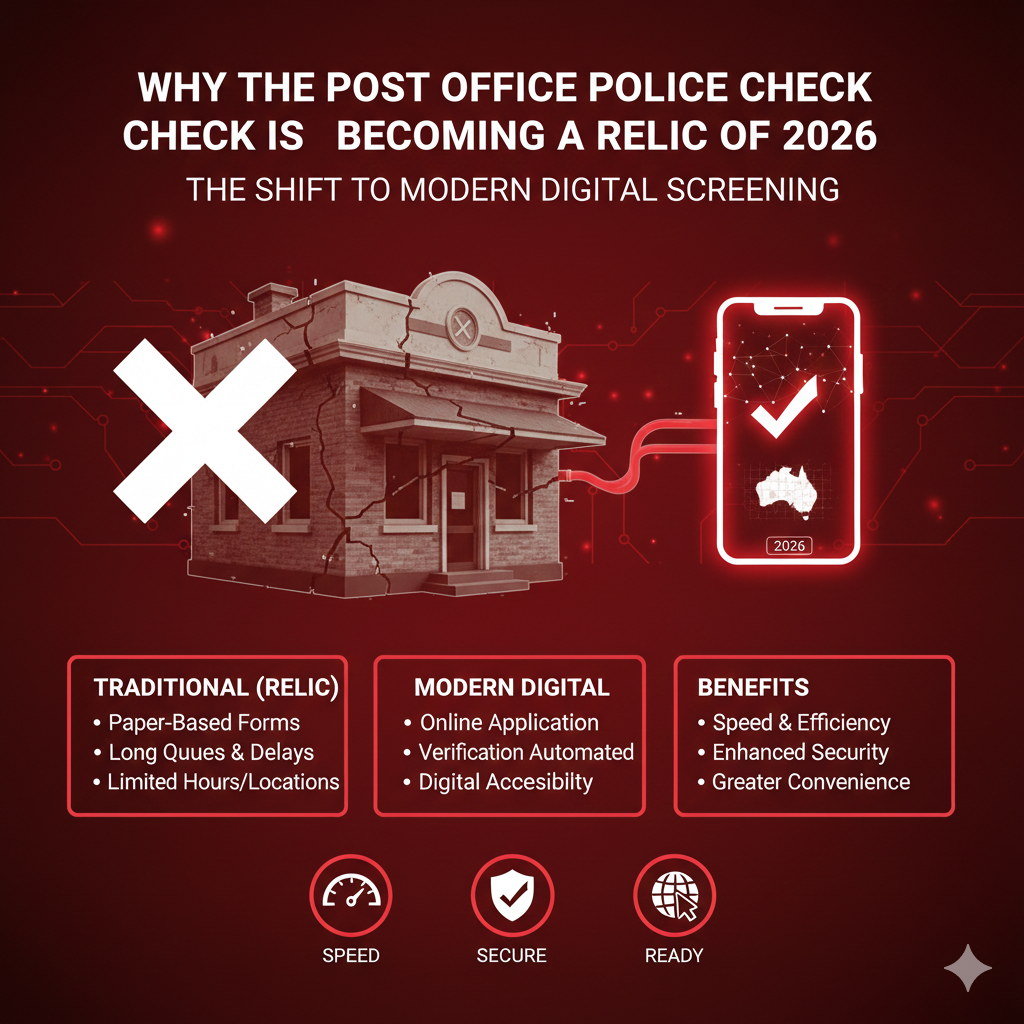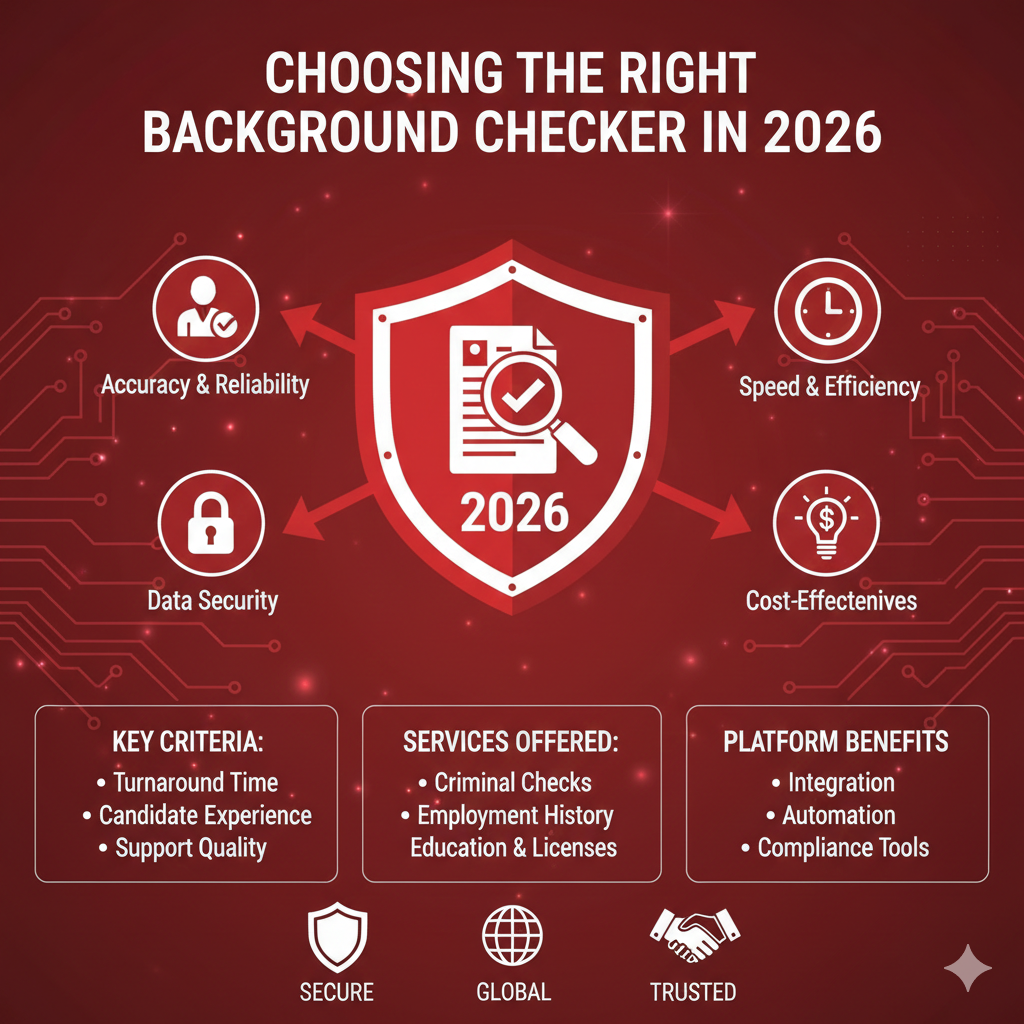In today’s environment, trust, safety, and compliance are paramount for Australian businesses and community organisations. Whether you are an employer making a crucial hiring decision, a licensing body verifying an applicant, or an individual seeking employment or volunteer work, the need for accurate background screening has never been greater. A fundamental step in this process is to secure a comprehensive criminal history check.
Understanding the complexity of legal requirements and police databases can be daunting. This is where a trusted, accredited provider becomes invaluable. If your goal is to efficiently and reliably check crime record for yourself or your candidates, you need a service that adheres to the strict guidelines set out by the Australian government. A reliable check ensures you have the necessary information to maintain a safe, compliant, and trustworthy environment.
Understanding the Australian Criminal Record Check
A criminal record check, often referred to as a National Police Check (NPC), is a nationwide process that verifies if an individual has any disclosable court outcomes or pending charges in Australia. It is a mandatory requirement for millions of roles across the country annually, forming the bedrock of many employment, licensing, and accreditation decisions.
What is a National Police Check (NPC)?
The NPC is a name and date of birth police check, conducted by searching the centralised databases of all Australian police agencies. The process is coordinated through the Australian Criminal Intelligence Commission (ACIC). When a check is submitted, ACIC coordinates with police forces across all states and territories (including the Australian Federal Police) to search for potential matches against an applicant’s details.
It is crucial to understand that a National Police Check is not a real-time check. It reflects the individual’s police history up to the date of issue. The system compiles the search results into an official certificate that details any Disclosable Court Outcomes (DCOs) in line with the relevant spent conviction legislation.
The Importance of a Reliable Check Crime Record Service
You can apply for an NPC directly through some state police agencies, but an ACIC-accredited body such as Rapid Screening almost always provides the fastest and most efficient route. These accredited agencies use direct electronic access to the ACIC system, ensuring they process applications quickly and accurately.
Choosing a reliable service to check crime record offers several key advantages:
- Speed and Efficiency: Direct digital integration drastically reduces manual handling and processing delays.
- Compliance: Accredited bodies ensure the application meets all legal and identification requirements, minimising the risk of errors or rejection.
- User Experience: Streamlined online platforms simplify the identity verification process, making the application easy for individuals.
The Official Process to Check Crime Record
The NPC application process follows strict standards to maintain integrity and security, but an accredited provider significantly simplifies the journey. Following the correct steps is vital to ensure the check is valid and accepted by the requesting organisation.
Applying Through Accredited Bodies (Like Rapid Screening)
To check a crime record quickly and compliantly, the system streamlines the process into three main stages: application, identity verification, and police processing.
- Online Application: The applicant completes an online form, providing personal details including all known names, dates of birth, and current and former addresses.
- Consent: The applicant must provide explicit, formal consent for the check to be conducted. This is a non-negotiable legal requirement.
- Identity Verification: The applicant must prove their identity using a minimum of 100 points of identification, typically completed digitally. This step ensures the check matches the correct person.
Information Required for the Check Crime Record
A complete and accurate submission is essential for a fast result. Applicants are typically required to supply:
- Full Name and Aliases: All names the applicant has been known by.
- Date and Place of Birth.
- Residential History: A complete list of addresses lived at within Australia.
- Digital Identity Documents: Usually a combination of primary ID (e.g., passport, driver’s licence) and secondary ID (e.g., Medicare card, utility bill) to meet the 100-point standard.
- Signed Consent Form: Authorising the provider to conduct the check crime record on their behalf.
If you omit or enter incorrect information, you may trigger a manual review and experience significant delays.
Processing Time and Verification
One of the most common questions is, “How long does it take?” The timeframe can vary, but using an accredited online service offers the highest chance of a rapid result.
| Step | Detail | Timeframe (Approx) |
| 1. Application Submission | Applicant completes online form and pays the fee. | 5-10 minutes |
| 2. Identity Verification | 100-point digital ID check completed and verified. | Immediate to 1 hour |
| 3. Police Database Search | ACIC submission and automated/manual database comparison. | 70% of checks are instant (cleared) |
| 4. Manual Review (If Required) | Checks that find a potential match or require clarity are manually reviewed by police. | 1-15 business days (or longer in rare complex cases) |
| 5. Certificate Issuance | The official digital certificate is issued to the applicant. | Upon clearance |
Most checks are processed almost instantly, but the 30% that require manual police review can take up to several weeks, which highlights why you must submit accurate application data the first time.
What Information is Revealed on a Criminal Record Check?
The goal of the NPC is not to present an applicant’s entire history, but rather to reveal only the relevant, disclosable information according to state and federal legislation.
Disclosable Court Outcomes (DCOs) vs. Non-Disclosable Information
The certificate will list Disclosable Court Outcomes (DCOs), which typically include:
- Convictions and prison sentences.
- Good behaviour bonds, suspended sentences, and probation orders.
- Findings of guilt, even without a conviction recorded.
- Courts have not yet finalised the pending charges.
Critically, the certificate will not typically include:
- Charges that did not result in a court appearance (e.g., withdrawn, dismissed).
- Traffic infringements handled by payment (e.g., speeding tickets).
- Non-court outcomes (e.g., cautions, diversionary programs) unless specific legislation dictates otherwise.
Spent Convictions Schemes
The Spent Convictions Schemes operate at both the Commonwealth (Federal) and State/Territory levels. These schemes exist to give individuals with older, minor criminal records a second chance by limiting the disclosure of certain offences after a specified “crime-free” period (usually 10 years for an adult and 5 years for a juvenile).
If a conviction becomes “spent,” the police agencies generally do not release it on the NPC. They only release it when the check is for a specific, sensitive role (such as working with children, vulnerable people, or in law enforcement) where exemptions apply. The police agencies automatically apply the rules of the Spent Convictions Scheme before they issue the certificate.
Who Needs to Check Crime Record?
The requirement to obtain a police check touches nearly every industry and community sector in Australia. Organisations committed to due diligence use it as a key risk management tool.
Employment Screening
Many industries require their employees, contractors, and volunteers to successfully check crime record as a condition of engagement. This is particularly prevalent in sectors that involve a high degree of public trust or access to sensitive information or vulnerable populations, including:
- Healthcare and Aged Care: Nurses, doctors, support workers.
- Education: Teachers, administrative staff, school bus drivers.
- Finance: Banking, insurance, and roles involving significant financial transactions.
- Government and Defence: Positions requiring high-level security clearances.
Volunteer and Community Roles
Checks are also vital for community safety. Organisations involved in sports, youth programs, and community services routinely require checks to ensure the safety of participants, particularly children and vulnerable adults. While a dedicated Working with Children Check (WWCC) is mandatory in these areas, an NPC often serves as a primary layer of screening.
Licensing and Regulatory Requirements
Many professional licenses and regulatory accreditations depend on a clear criminal history. This includes:
- Security guards and private investigators.
- Taxi and ride-share drivers.
- Certain professional licenses (e.g., real estate agents, legal practitioners).
Common Misconceptions About Checking Crime Records
Navigating the landscape of criminal history checks can lead to confusion. It is important to clear up common misunderstandings to ensure you obtain the correct and most effective document.
Is an AFP Check the Only Option?
A widespread misconception is that a police check must be obtained directly from the Australian Federal Police (AFP). Although many people obtain an NPC through the AFP (and some federal purposes like immigration specifically require it), the AFP is not the only source. ACIC-accredited bodies, such as Rapid Screening, issue the same National Police Check certificate, and state, territory, and federal government agencies as well as private employers across Australia recognise and accept it. The key difference is the speed and ease of the application process.
Does the Check Expire?
Technically, a National Police Check does not have an expiry date. It is a “point in time” document, meaning it is only a statement of the applicant’s history as of the day it was issued. An individual’s police history may change the day after the check is issued.
For this reason, most employers and regulatory bodies adopt their own internal policy on the validity period, generally requiring a new check every 12 to 24 months to maintain an up-to-date record of their staff and volunteers.
Conclusion
The ability to check crime record is essential for responsible governance, due diligence, and maintaining public safety in Australia. The National Police Check provides the accurate, legally compliant criminal history information required to make informed decisions across employment, licensing, and volunteering sectors.
By choosing an ACIC-accredited provider like Rapid Screening, you ensure a process that is not only compliant with Australian law but is also fast, user-friendly, and accurate. For a fast, compliant, and easy way to check crime record, trust Rapid Screening to deliver the results you need, when you need them.
FAQs
Q) What is the difference between a National Police Check and a Working with Children Check (WWCC)?
A National Police Check (NPC) is a nationwide history check for any purpose. A WWCC is a separate, dedicated check for child-related work that involves risk assessments and continuous monitoring, and it is governed by state/territory legislation. You often need both for child-related roles.
Q) Can I check crime record for someone else without their consent?
Absolutely not. It is a legal requirement under the Australian Privacy Act and police checking guidelines that explicit, written consent from the applicant is mandatory before any National Police Check can be processed.
Q) What happens if a potential match is found on the database?
If a potential match is found, the check moves from an instant process to a manual vetting process by the relevant police agency. The police confirm the match based on fingerprints and other personal details, ensuring the Disclosable Court Outcome (DCO) truly belongs to the applicant before the final certificate is released.




